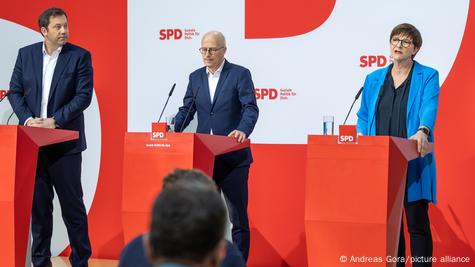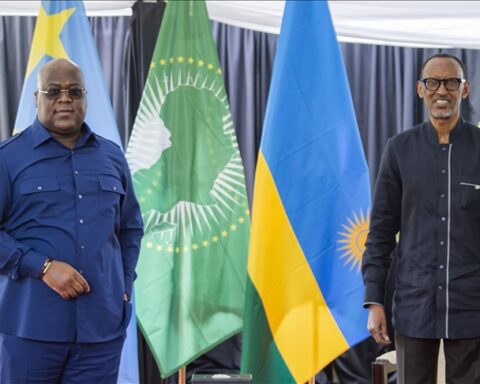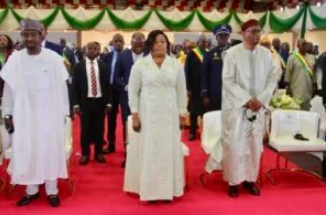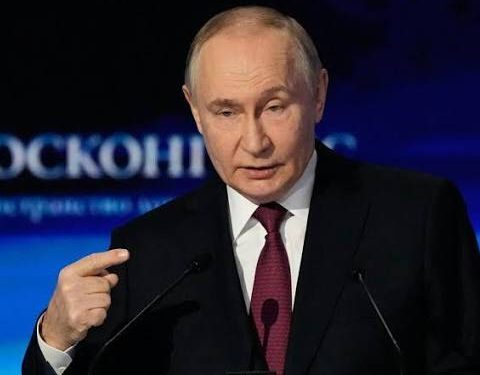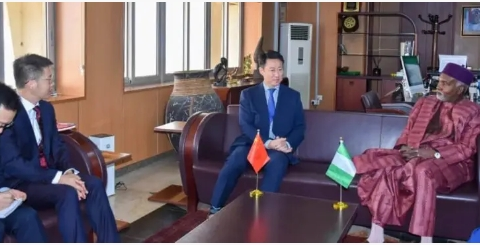Germany’s Social Democratic Party (SPD) has described the outcome of local elections in North Rhine-Westphalia as a serious blow, not just to the party itself, but to the broader democratic establishment.
The reaction comes after major gains by the far-right Alternative for Germany (AfD), which significantly increased its share of the vote.
“You have to describe the results exactly as they are: this is a poor result for the SPD, but also a poor result overall for the democratic establishment,” SPD state leader Achim Post told public broadcaster ZDF on Monday.
The AfD, known for its anti-immigrant and anti-establishment stance, surged to third place in Sunday’s elections, winning 14.5 per cent of the vote, nearly triple its result from five years ago.
Post stressed that centrist parties must now work together to counter the AfD’s growing influence.
“The political centre must unite to ensure that the AfD becomes smaller again, even smaller than it was in these local elections,” he said.
The elections were held across North Rhine-Westphalia, Germany’s most populous state, with around 20,000 local council seats contested.
It was the first significant electoral test for Chancellor Friedrich Merz’s coalition government since taking office in May.
Merz’s centre-right Christian Democrats (CDU) came out on top with 33.3 per cent of the vote, followed by the SPD with 22.1 per cent. While the CDU held its ground, the SPD suffered a clear loss.
The results have raised alarm among Germany’s mainstream parties, as the AfD continues to solidify its position in national politics.
In 2023, the party made history by winning state elections in Thuringia, the first time a far-right party has done so since World War II.
In February 2025, the AfD placed second in national elections, overtaking the SPD.
So far, all mainstream German parties have refused to form coalitions with the AfD, keeping it in opposition. But Sunday’s outcome is seen as a warning sign.
Post urged the federal government to return to the pragmatic spirit that defined the coalition’s formation.
“The most important thing for me is that the federal government returns to the spirit of the coalition negotiations, where we debated, made decisions, and implemented them.”
